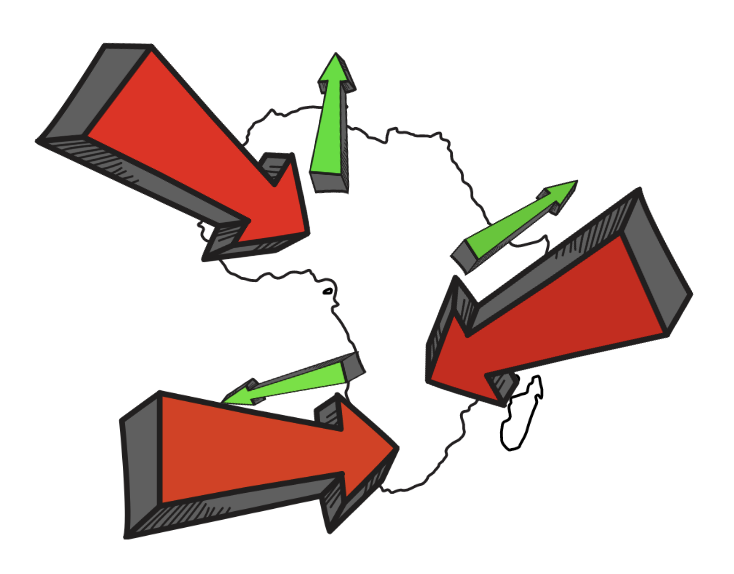
Where is your work published – in Africa or outside?
Think locally, publish locally and develop locally.
ASWDNet, 2023
There are many African thinkers and researchers who write or author various publications. Unfortunately, many of these publications are published outside the continent. There is very little content produced by non-African writers that ends up being published on the continent. This means, there is an imbalance of the knowledge that Africa imports and what it exports. The loss to Africa is in terms of knowledge, prestige, income and intellectual property.

Who are publishers?What are the formats of publishing?
Publishers are university press departments, private companies, research institutes and individuals who provide resources and time to convert knowledge into written formats. The process of publishing involves writing, reviewing, editing and disseminating. Dissemination can be open access, subscription-based or a mixture of these.
Journal articles are the most popular, followed by book chapters, books, textbooks and data (publishing data as it is).
An African journal or publisher is one based in Africa, publishing African issues or global issues from an African perspective. The publisher’s board and institution is African or largely African. An African journal or publisher does not represent African voices, IT IS THE AFRICAN VOICE.
ASWDNet, 2023
Reasons for not publishing in Africa
The reasons provided by Africa’s intellectuals publishing their work outside is that there are not enough Africa publishers or their quality is low. Another reason is that citation scores are low for publications made in Africa. However, these are the issues that can be addressed by publishing in Africa and not running away. The intellectual should actually join the boards of journals to improve quality, offer their time to reduce time required to publish and more importantly, create new publications and publishing companies. Academics working outside the continent, should especially defend African publications because they normally receive a low rating – mainly this is because of competition from well known so-called global publishers that dominate and manipulate the publishing market and sentiments. The big publishers are Penguin/Random House, Hachette Book Group, Harper Collins, Simon and Schuster, Macmillan, SAGE, ScienceDirect, Springer, Taylor & Francis and Wiley.
This blog post below provides details about starting a new journal.
For social work and development, there are several journals. Some of the journals are indexed by ASWDNet. Most of these journals are indexed in AJOL, Scopus and Web of Science.
The 75% rule
What is ASWDNet’s recommendation to Africa’s academics?
- We recommend that the majority of each academic’s publications be published in Africa as a starting point and at least 75% be published in Africa as the desired point.
- We recommend that writers and researchers use Africa’s literature, this way, citing scores increase. The reasons why literature from Africa has low citation scores is because the authors do not cite each other but expect scores to be high. You can find a whole journal paper about Africa or written by an African with no single literature from Africa. At ASWDNet we recommend that at least 75% of all literature used to be from Africa.
Conclusion
The ASWDNet encourages Africa’s thinkers, researchers and writers to publish locally, keep their publishing money in Africa or sending publishing money to Africa (if in the diaspora) in order to sustain Africa’s publishing industry.
Use the form below to subscibe to Owia Bulletin.
Discover more from Africa Social Work & Development Network | Mtandao waKazi zaJamii naMaendeleo waAfrika
Subscribe to get the latest posts sent to your email.




You must be logged in to post a comment.